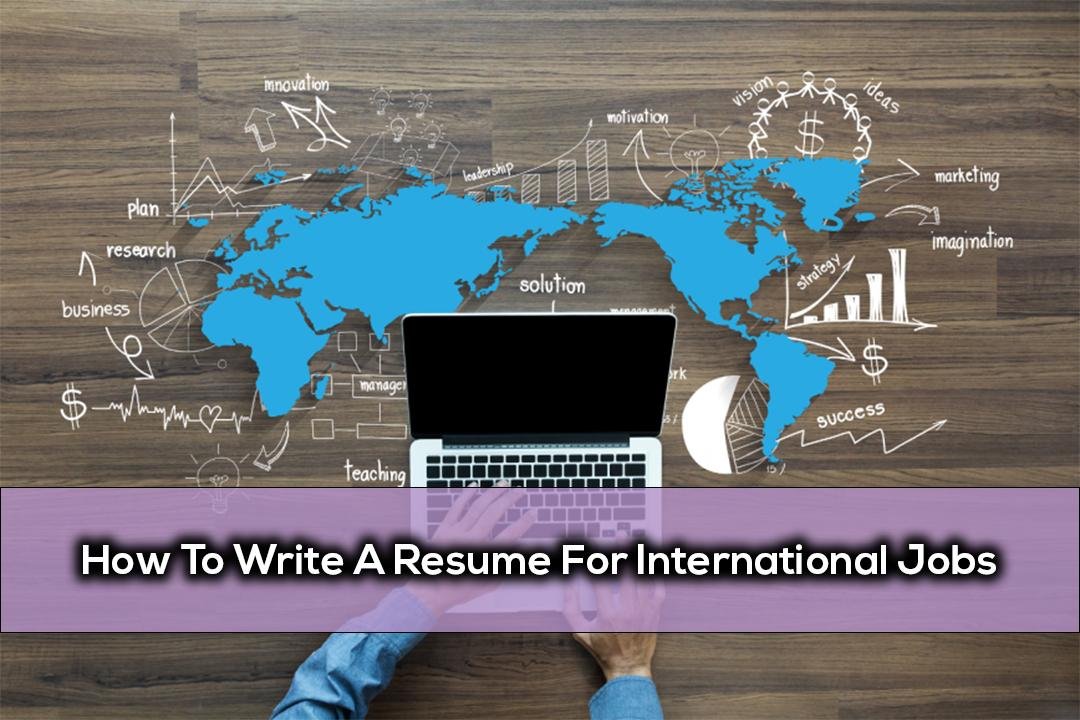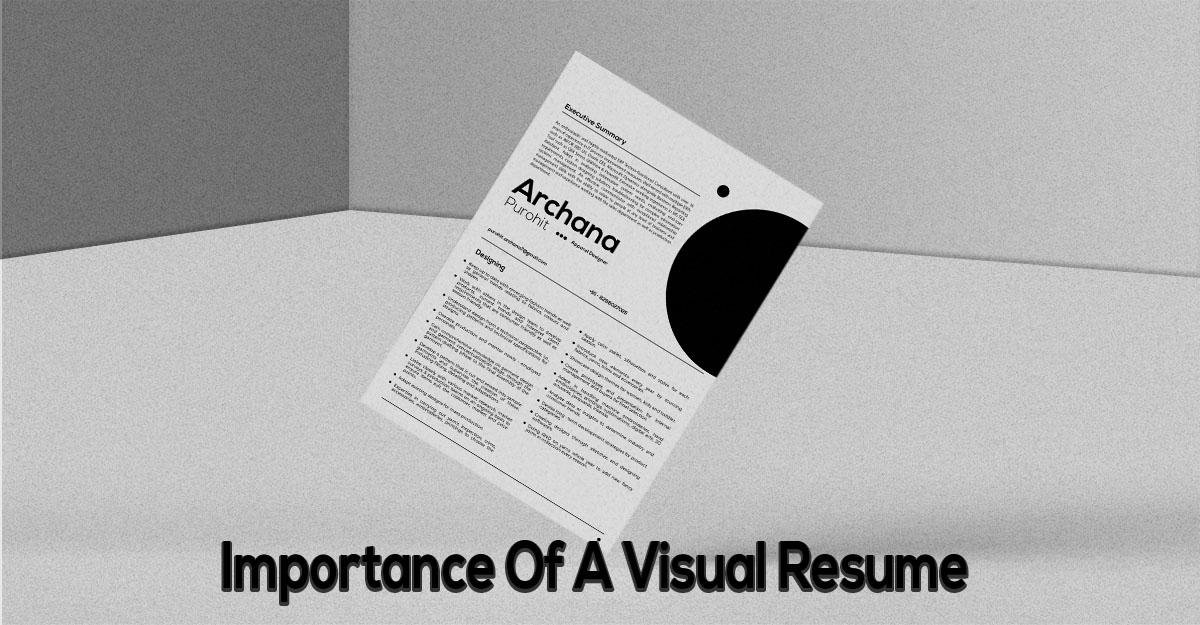Strategies for Building a Personal Advisory Board: Guidance for Success
Older Post
-

How To Write A Resume For International Jobs
22 Nov 2021 | by Admin -

Hiring The Best Resume Writer
22 Nov 2021 | by Admin -

How To Get A Letter Of Recommendation For Graduate School
31 Jan 2022 | by Admin -

4 Tips To Ace Your Next Interview
02 Feb 2022 | by Admin -

Is It Essential To Present A Cover Letter?
03 Feb 2022 | by Admin -

Importance Of A Visual Resume
04 Feb 2022 | by Admin -

Level Up Your Self Introduction
11 Feb 2022 | by Admin -

Profile summary - An arrow to your target
17 Feb 2022 | by Admin -

Three Techniques For Adding Personality To Your Resume
18 Feb 2022 | by Admin -

Resume Writing Guideline For 2022
21 Feb 2022 | by Admin

In the journey of personal and professional growth, having the right guidance and support can make all the difference. While mentors and coaches play crucial roles, there's another concept gaining traction for its effectiveness in navigating various aspects of life and career: the Personal Advisory Board (PAB). Just as companies rely on boards of directors for strategic guidance, individuals can benefit from assembling a diverse group of advisors to provide insights, feedback, and support. In this article, we'll explore what a Personal Advisory Board is, why it's important, and actionable strategies for building one to drive your success.
Understanding the Personal Advisory Board
Think of your Personal Advisory Board as your personal brain trust—a group of individuals with diverse backgrounds, experiences, and expertise who can offer valuable perspectives and advice. These advisors may come from different areas of your life: professional mentors, industry experts, trusted friends or family members, or even coaches specialized in specific skills or areas of development.
The Importance of a Personal Advisory Board
- Diverse Perspectives: One of the primary benefits of a PAB is the access to diverse perspectives. Each advisor brings their own unique viewpoint, which can help you see challenges and opportunities from multiple angles.
-
Accountability and Support: A Personal Advisory Board provides a built-in support system. Your advisors can offer encouragement during tough times and hold you accountable to your goals and commitments.
-
Continuous Learning: Engaging with advisors who have different areas of expertise can facilitate continuous learning and growth. Whether it's professional skills, personal development, or industry insights, your PAB can serve as a valuable source of knowledge.
Strategies for Building Your Personal Advisory Board
- Identify Your Needs: Start by assessing your strengths, weaknesses, and areas where you could benefit from guidance. Determine what specific expertise or perspectives you're lacking and seek advisors who can fill those gaps.
-
Diversify Your Network: Look beyond your immediate circle and actively seek out individuals with diverse backgrounds and experiences. Consider networking events, industry conferences, or online communities to connect with potential advisors.
-
Cultivate Relationships: Building a Personal Advisory Board is not just about collecting contacts—it's about nurturing meaningful relationships. Invest time in getting to know your advisors, understanding their perspectives, and showing appreciation for their guidance.
-
Set Clear Expectations: Establish clear expectations with your advisors regarding their role on your board. Clearly communicate what type of support you're seeking, how often you'll engage with them, and what you hope to achieve together.
-
Regular Check-Ins: Schedule regular check-in meetings with your advisors to discuss progress, seek advice on specific challenges, and solicit feedback. Consistent communication is key to maintaining strong relationships and maximizing the value of your PAB.
Case Study: Sarah's Success Story
To illustrate the power of a Personal Advisory Board, let's take a look at Sarah, a marketing professional looking to advance her career. Recognizing the importance of mentorship and guidance, Sarah proactively built her own PAB consisting of a former manager for career advice, a senior executive for industry insights, a peer for emotional support, and a professional coach for skill development. With the support and guidance of her advisory board, Sarah was able to navigate career transitions, overcome challenges, and ultimately achieve her goals.
Conclusion
Building a Personal Advisory Board is a strategic investment in your personal and professional growth. By assembling a diverse group of advisors who offer unique perspectives and expertise, you can gain valuable insights, support, and guidance to help you succeed in all aspects of life. Whether you're navigating career decisions, pursuing personal development goals, or seeking to overcome challenges, your PAB can serve as a trusted source of wisdom and support. Start building your Personal Advisory Board today and unlock your full potential.